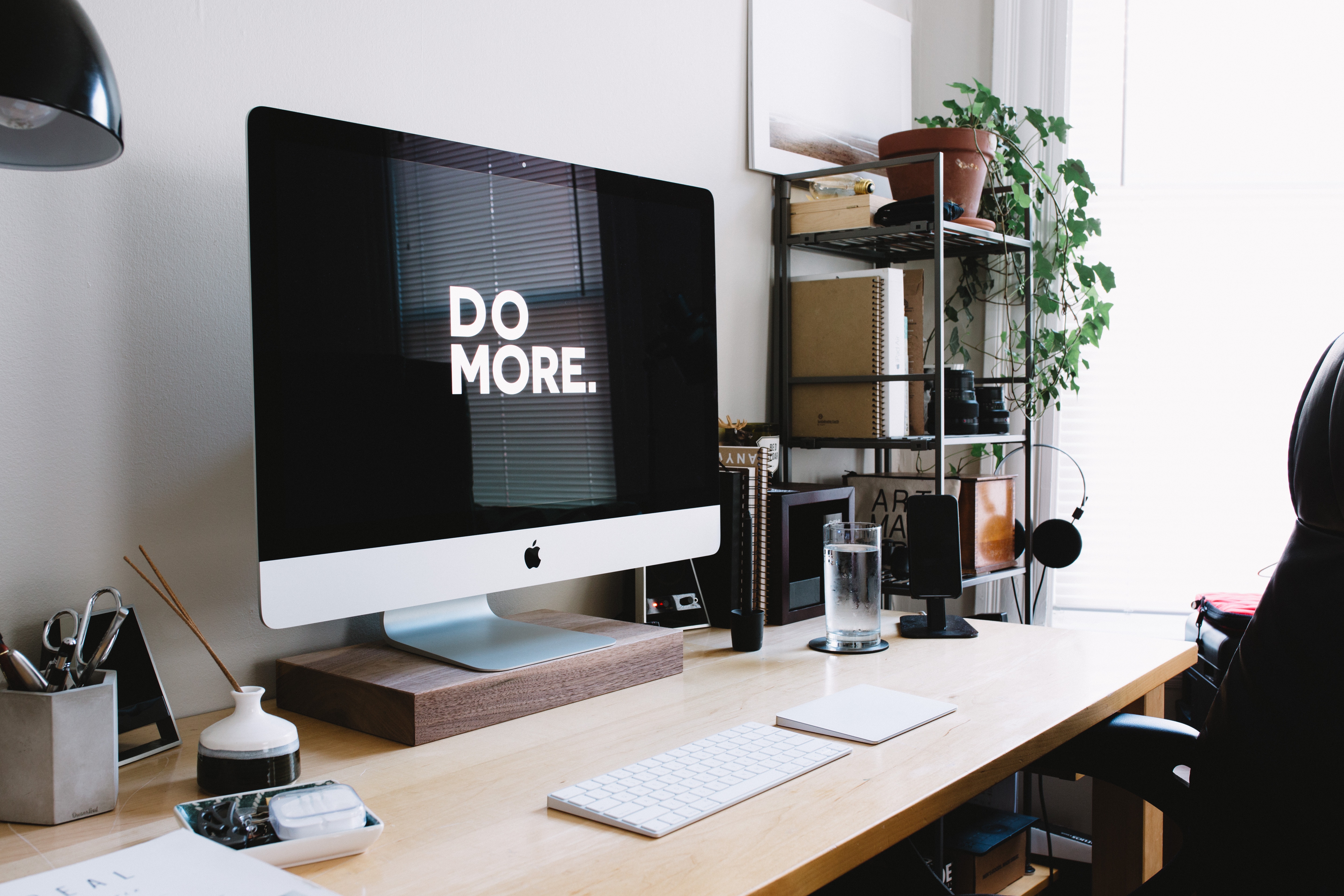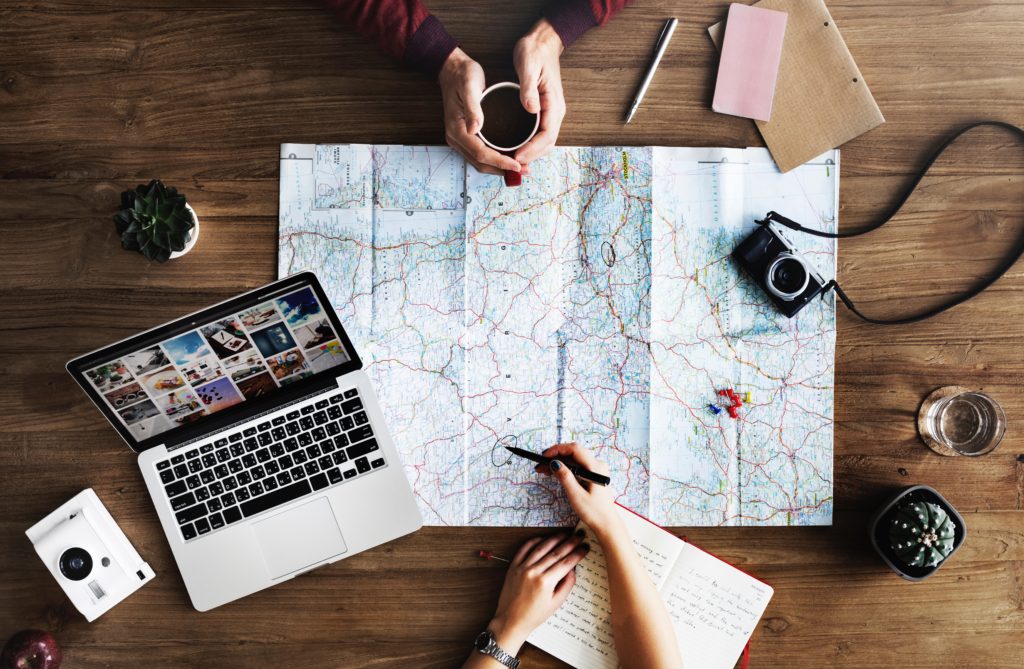If you find yourself sluggish and struggling to concentrate each day, you will be dying to learn how to become more productive. Whether it’s getting through all of your tasks in the home or making sure you ace each and every day at work, there are some things you can do in order to become more productive. Some of these tips are tried and tested and some might not work for everyone, but they are all worth a shot. Read on and find out if you can become more productive with just a few small changes.
Take Loads Of Short Breaks
One of the most popular ways of becoming more productive is to take short breaks, often. Each time you finish a task or if you’ve been sitting for longer than an hour, you should get up and have a short walk, get some water. This will give your brain some time to recalibrate and will improve blood flow. It will also help avoid getting a sore back or dry eyes from sitting and staring at your screen all day.

End Your Day Mid-Sentence
An interesting tip for improving productivity is to end your day mid-sentence, literally. Stop before you have reached the end of your sentence and the next time you go to continue the task, you can finish the sentence and hopefully be right back in your writing flow.
Don’t Answer Emails Immediately
A mistake many people make is answering all of their emails first thing in the morning. This can mean that you end up prioritising things for other people rather than your own tasks. It also means you use up the part of your day when you should be the most energised on emails when it could be used getting some of your current projects done.
Get To Work Earlier
Getting to work earlier might be a hassle at first but it will pay off. Arrive well before 9am and you will give yourself time to make your coffee and get in the right headspace before starting work properly on the dot. This means you don’t lose any of your precious time to ‘settling in’.

Prepare For Tomorrow
In order to give yourself closure each day, and ensure you ‘switch off’ before you get home, write your next day’s to-do list. This will mean you can tick off the things that you got completed today and prioritise your task for tomorrow. This reduces time spent worrying about the next day while you’re having your dinner and means you don’t need to spend as much time preparing the next morning.

